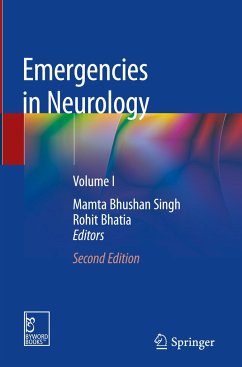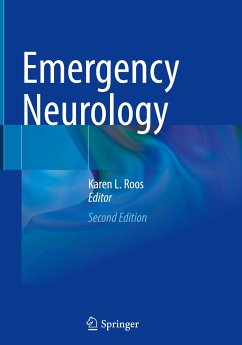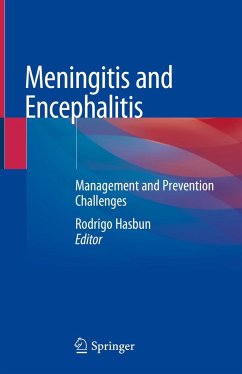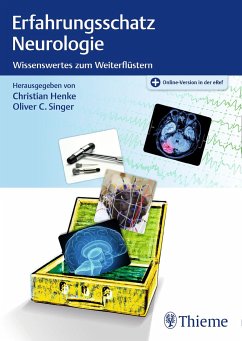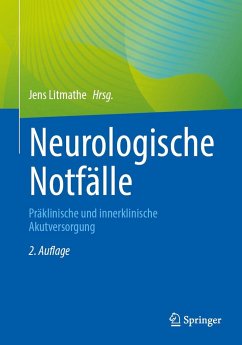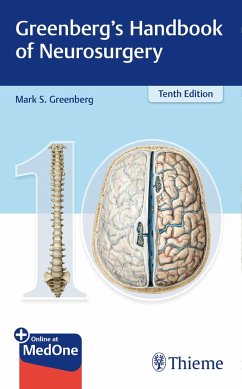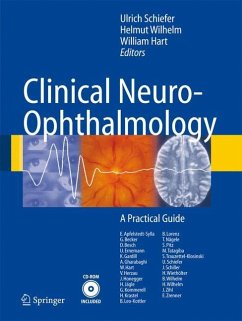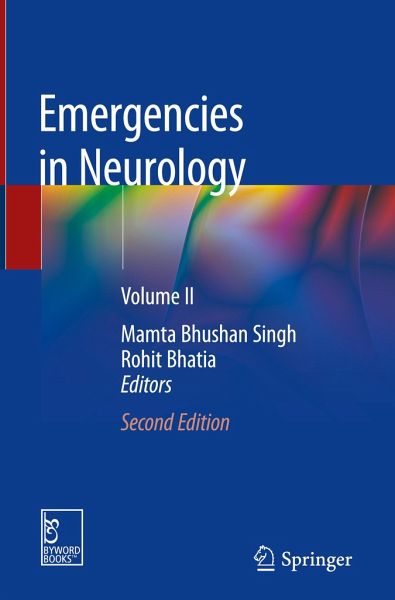
Emergencies in Neurology
Volume II
Herausgegeben: Singh, Mamta Bhushan; Bhatia, Rohit

PAYBACK Punkte
49 °P sammeln!
This is the second edition (in two volumes) of a well-received book that reflects current practices in the management of neurological emergencies. It was written bearing in mind the needs of first-contact physicians, who may be neurology trainees, neurology consultants, or interns. Special attention has been paid to various aspects of managing patients at the emergency department, from taking a good clinical history, to completing a quick and focused clinical examination, to investigating and commencing treatment.Neurological emergencies are unique in that they appear abruptly, generally follo...
This is the second edition (in two volumes) of a well-received book that reflects current practices in the management of neurological emergencies. It was written bearing in mind the needs of first-contact physicians, who may be neurology trainees, neurology consultants, or interns. Special attention has been paid to various aspects of managing patients at the emergency department, from taking a good clinical history, to completing a quick and focused clinical examination, to investigating and commencing treatment.
Neurological emergencies are unique in that they appear abruptly, generally follow a volatile course, and require a prompt yet balanced response. The management of neurological emergencies has been a major challenge in the past, and today, early and aggressive approaches are generally recommended. Exploring these and other aspects, the book offers a valuable asset for all practitioners seeking answers to the questions that inevitably arise while attempting to manage such critical situations.
Neurological emergencies are unique in that they appear abruptly, generally follow a volatile course, and require a prompt yet balanced response. The management of neurological emergencies has been a major challenge in the past, and today, early and aggressive approaches are generally recommended. Exploring these and other aspects, the book offers a valuable asset for all practitioners seeking answers to the questions that inevitably arise while attempting to manage such critical situations.



